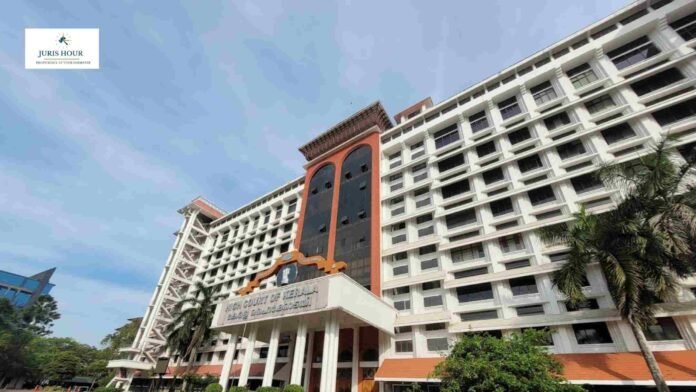The Kerala High Court has clarified that a remand ordered by the Income Tax Appellate Tribunal (ITAT), Cochin Bench, in a case concerning the addition of income as deemed dividend under Section 2(22)(e) of the Income Tax Act, 1961, must be treated as an open remand, allowing the assessee to contest the applicability of Section 68 relating to unexplained cash credits.
A Division Bench comprising Justice A. Muhamed Mustaque and Justice Harisankar V. Menon issued the ruling while disposing of a batch of income tax appeals relating to multiple assessment years.
The assessing officer had earlier treated certain payments made by a private company to its director as deemed dividends under Section 2(22)(e). The Income Tax Appellate Tribunal (ITAT) noted that the director’s corresponding loan account was not traceable in the company’s books and, therefore, directed that the assessment be reconsidered, observing that the addition could instead fall under Section 68.
This direction was challenged before the High Court on the ground that the Tribunal had exceeded its jurisdiction by suggesting application of Section 68 when there was no appeal by the revenue.
The High Court observed that the company’s balance sheet reflected unsecured loans from directors, indicating that the transactions were business-related and might not attract the provisions of Section 2(22)(e). It upheld the Tribunal’s decision to remit the matter for fresh consideration but clarified that the reference to Section 68 was not a binding direction.
The Court held that Section 68 applies only when the assessee fails to provide a satisfactory explanation for cash credits in his books of accounts. Since the assessee had already offered explanations regarding the nature of the transactions, the Court directed that the remand be treated as open, enabling a full re-examination by the assessing authority.
The Bench ruled that the remand ordered by the Tribunal is to be treated as an open remand. The assessing authority must revisit the issue afresh with reference to the applicability of Section 2(22)(e). If action is proposed under Section 68, the assessee must be given an opportunity to explain why it should not apply. Since revised assessments have already been completed and are pending before the first appellate authority, the assessee may raise all such contentions before that authority.
Case Details
Case Title: Dr.K.M.Ashik Versus Income Tax Commissioner
Case No.: ITA NO.200 OF 2019
Date: 07/10/2025
Counsel For Petitioner: M.GOPIKRISHNAN NAMBIAR
Counsel For Respondent: Christopher Abraham
Read More: Mission Ambedkar’s Founder Seeks Criminal Contempt Action Over Threats to CJI BR Gavai

